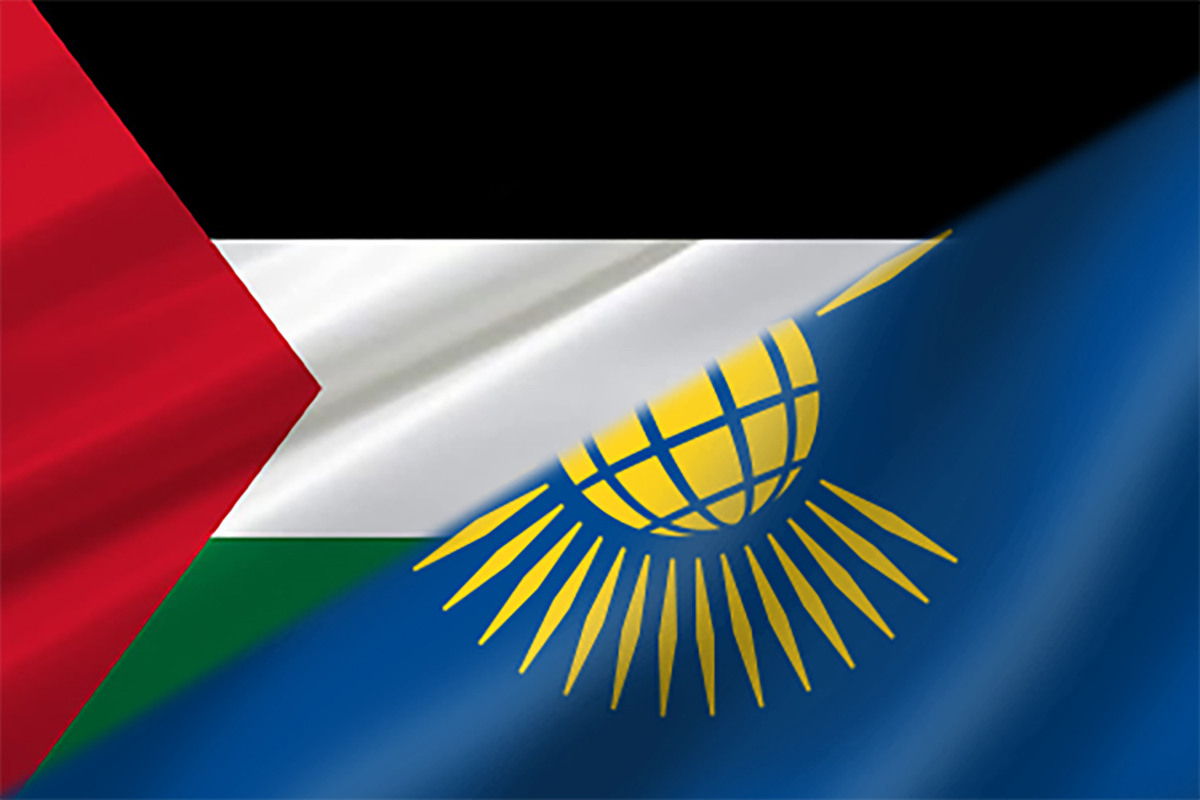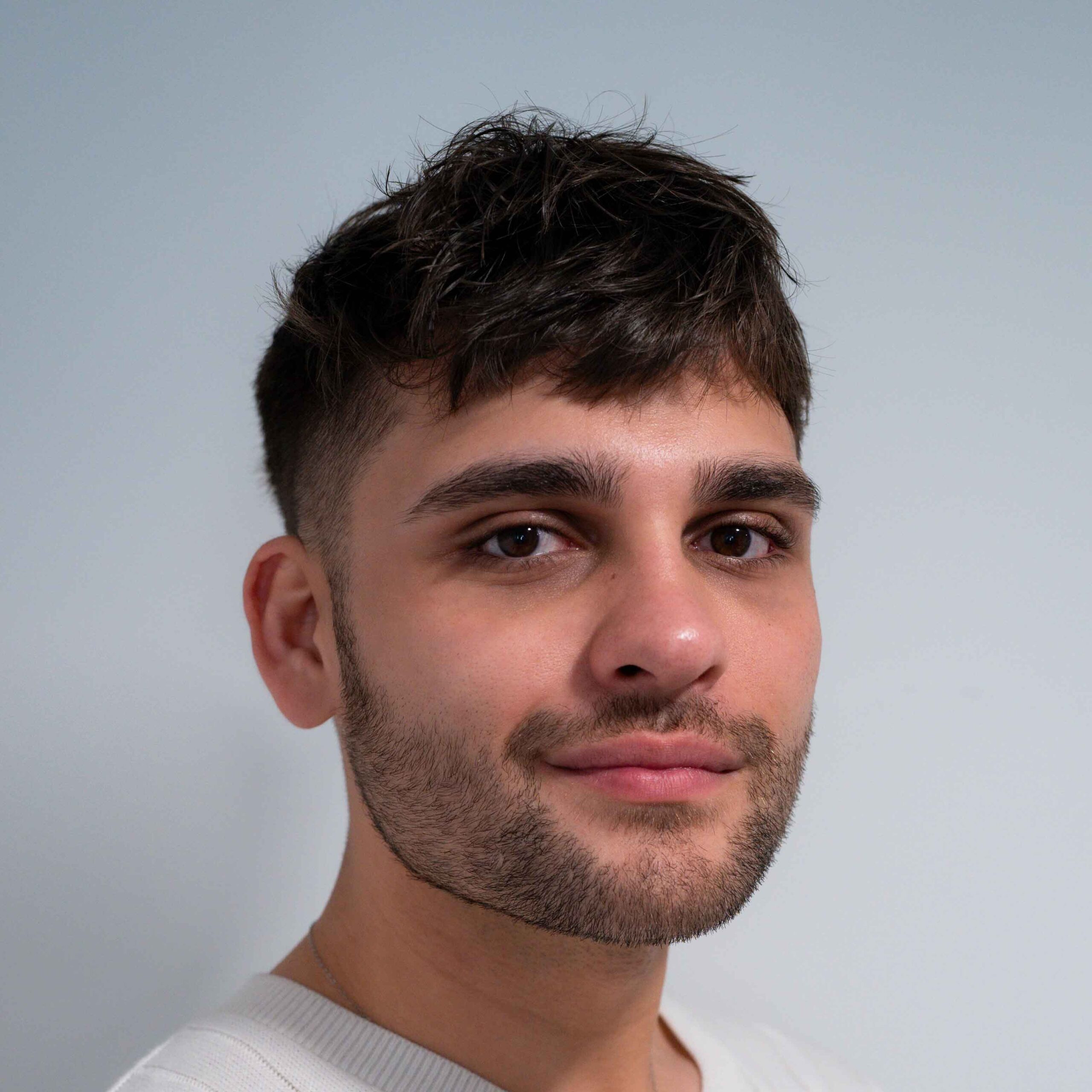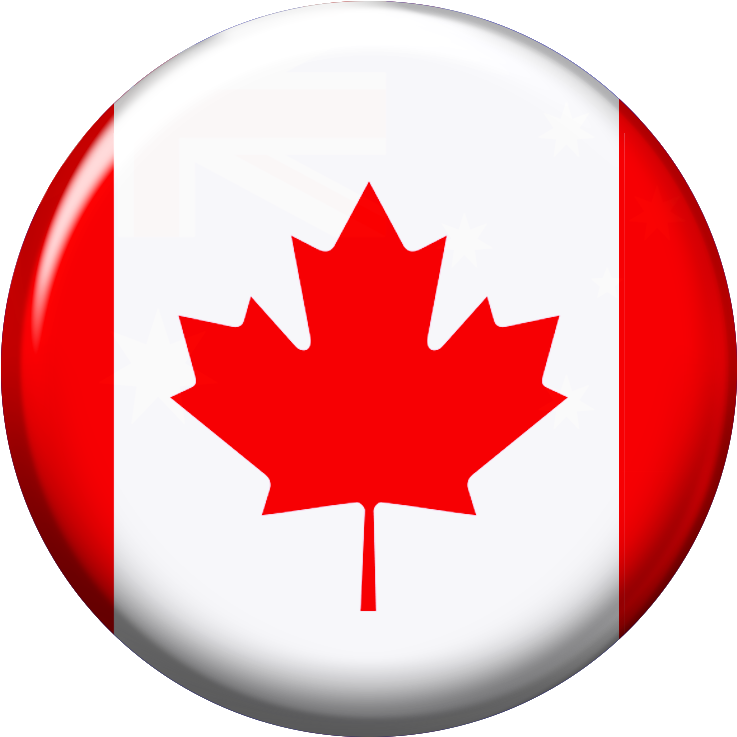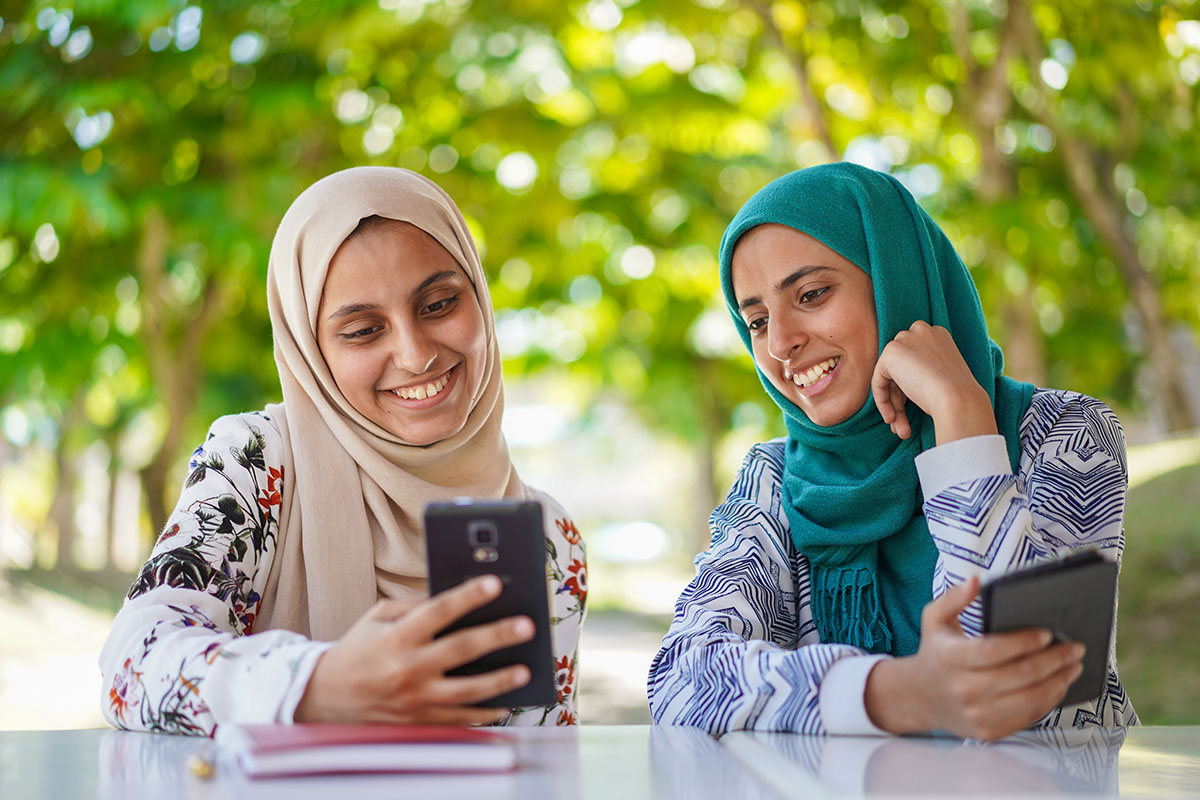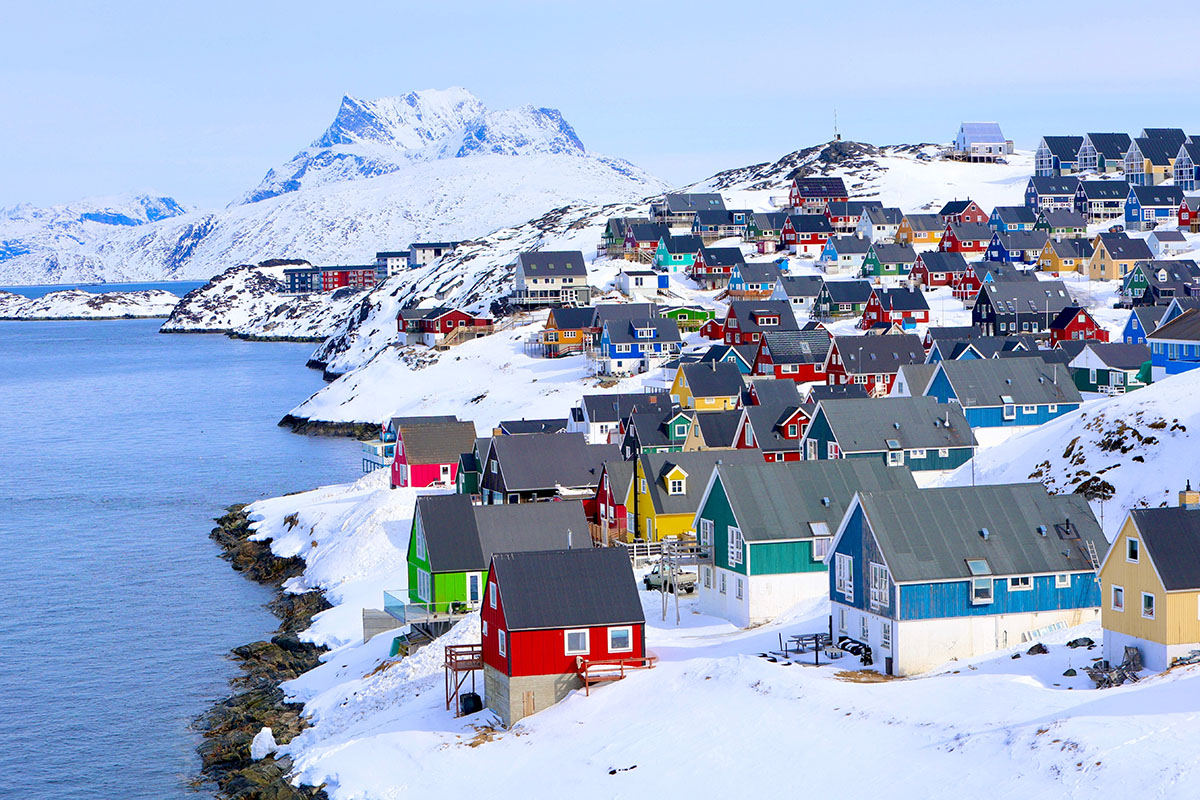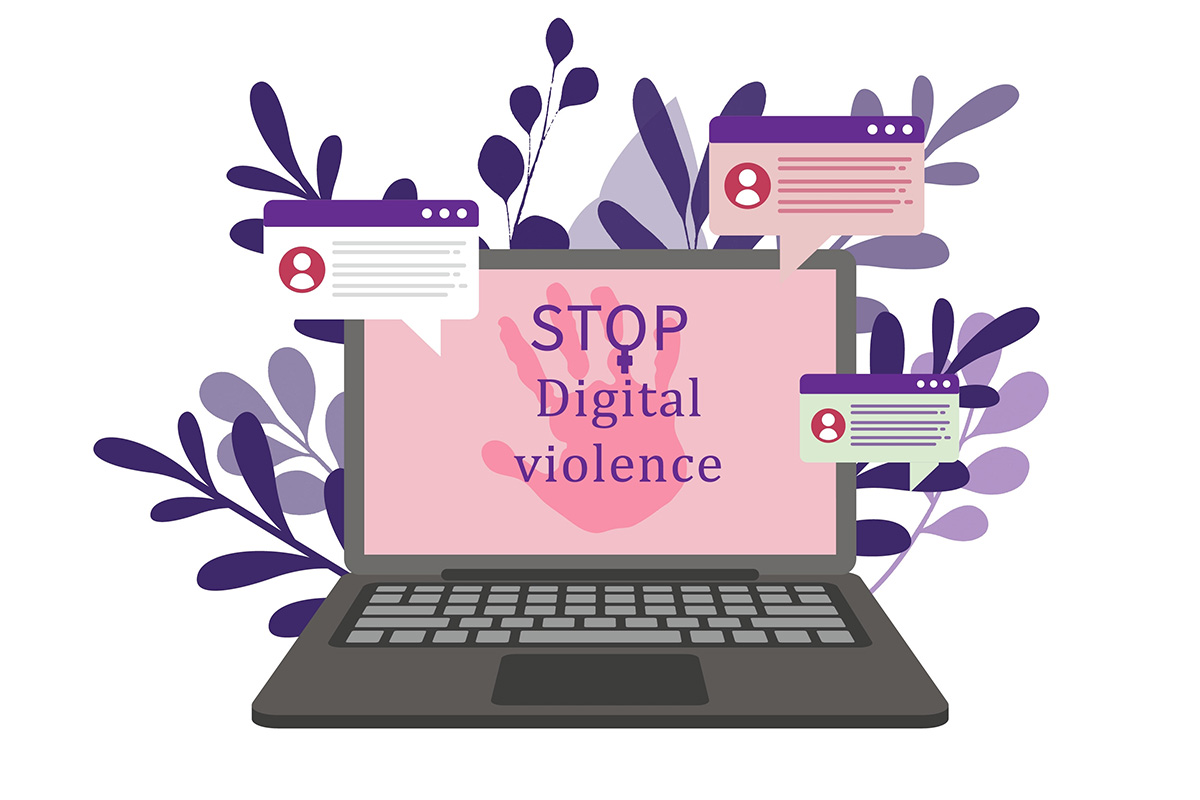Silence is Complicity: Why Commonwealth Countries must stand with Palestine
April 23by Justin R. Langan
As the global community observes the turmoil occurring in Gaza, the silence of many Commonwealth nations has become all too deafening.
For those of us in the Commonwealth who believe in human rights, freedom, and the value of every life, the question is simple: if we cannot speak up for Palestine, what do our principles truly stand for?
The Commonwealth’s Moral Responsibility: A Legacy Betrayed
The Commonwealth is not merely a diplomatic club; it was built on the ashes of empire and the hope that former colonies could unite around shared values of democracy, human rights, and justice. Many of its members—India, South Africa, Kenya, and others—fought bitter, protracted battles against colonialism and apartheid[1]. This history gives the Commonwealth a unique moral responsibility to recognize and respond to oppression wherever it occurs. And in Palestine, oppression is unmistakably present.
Leading human rights organizations—including Human Rights Watch, Amnesty International, and B’Tselem, an Israeli human rights group—have all documented that Israel’s treatment of Palestinians constitutes apartheid under international law.[2] [3] [4] Entire generations of Palestinians have lived under military occupation, siege, restricted movement, and collective punishment. These are not allegations—they are documented realities verified by legal experts, humanitarian agencies, and journalists.
The Commonwealth once stood united against South African apartheid. At the 1985 Nassau Conference, Commonwealth leaders issued a strong statement demanding the end of apartheid and imposed a series of diplomatic and economic sanctions.[5] Canada, in particular, played a key role in that movement. Prime Minister Brian Mulroney defied Margaret Thatcher’s opposition to sanctions and helped push the Commonwealth toward action.[6] If the Commonwealth could mobilize them against racial injustice in South Africa, why is it unwilling to do so for Palestine now?
The situation in Gaza today—where over 50,000 Palestinians have been killed, including thousands of children and millions more displaced—demands more than statements of concern.[7] It requires a response rooted in the Commonwealth’s moral history. If it fails to act, it is not because it lacks precedent—it is because it lacks courage.
A Double Standard Youth Can No Longer Accept
What makes the silence of many Commonwealth nations even more troubling is the clear and consistent double standard in how they respond to crises. When Russia invaded Ukraine in 2022, these same governments were swift and vocal—rightly condemning the aggression, welcoming refugees, and imposing sanctions.[8] [9] Human rights were non-negotiable. Sovereignty mattered. Solidarity was immediate.
But when it comes to Palestine, that moral clarity disappears. Civilian deaths are minimized. Calls for a ceasefire are diluted. Displacement and occupation are framed as “complex.” Some governments, like Canada and the UK, have even cut funding to UNRWA, the UN agency responsible for supporting Palestinian refugees, after disputed allegations from Israeli officials—despite the dire humanitarian needs on the ground.[10]
Youth across the Commonwealth are watching this hypocrisy in real time. We see that support for human rights seems conditional—granted to those who are politically convenient and denied to those who are not. For many of us, primarily Indigenous, racialized, and marginalized youth, the suffering of Palestinians is not a distant issue. It resonates deeply with our histories of dispossession, surveillance, and state violence.
A Call to Action: Justice Without Exception
The path forward is not unclear. Commonwealth governments must take concrete, principled steps: call for an immediate and permanent ceasefire[11], restore and increase funding to humanitarian agencies like UNRWA[12], support international investigations into alleged war crimes[13], and formally recognize the right of Palestinians to self-determination and statehood. Anything less is complicity.
But we know change rarely begins with governments.[14] It starts with people—especially young people. Across the Commonwealth, youth have historically been the vanguard of justice movements, from anti-apartheid activism to climate strikes.[15] Today, the fight for Palestinian liberation is our generation’s moral test. And we are not waiting for permission to speak out. If the Commonwealth is truly to have relevance in our lives, it must reflect our values—not just history. And if our leaders don’t show up, we will.
Palestinian liberation is not radical. It is a demand for dignity, freedom, and life. If the Commonwealth believes in justice, it must believe in justice for Palestine.
[1] https://thecommonwealth.org/history
[2] https://www.hrw.org/report/2021/04/27/threshold-crossed/israeli-authorities-and-crimes-apartheid-and-persecution
[3] https://www.amnesty.org/en/documents/mde15/5141/2022/en/
[4] https://www.btselem.org/publications/fulltext/202101_this_is_apartheid
[5] https://thecommonwealth.org/news/nassau-accord
[6] https://www.thecanadianencyclopedia.ca/en/article/canada-and-the-struggle-against-apartheid-feature
[7] https://www.ochaopt.org/updates
[8] https://www.parliament.uk/business/news/2022/february-2022/ukraine-russia-military-action-2022/
[9] https://www.international.gc.ca/world-monde/issues_development-enjeux_developpement/response_conflict-reponse_conflits/crisis-crises/ukraine.aspx
[10] https://news.un.org/en/story/2024/02/1146532
[11] https://news.un.org/en/story/2023/12/1144872
[12] https://www.theguardian.com/world/2024/feb/02/unrwa-aid-donors-palestinians-gaza
[13] https://www.icc-cpi.int/news/statement-situation-palestine-and-israel
[14] https://www.hrw.org/news/2023/11/15/palestinian-state-recognition
